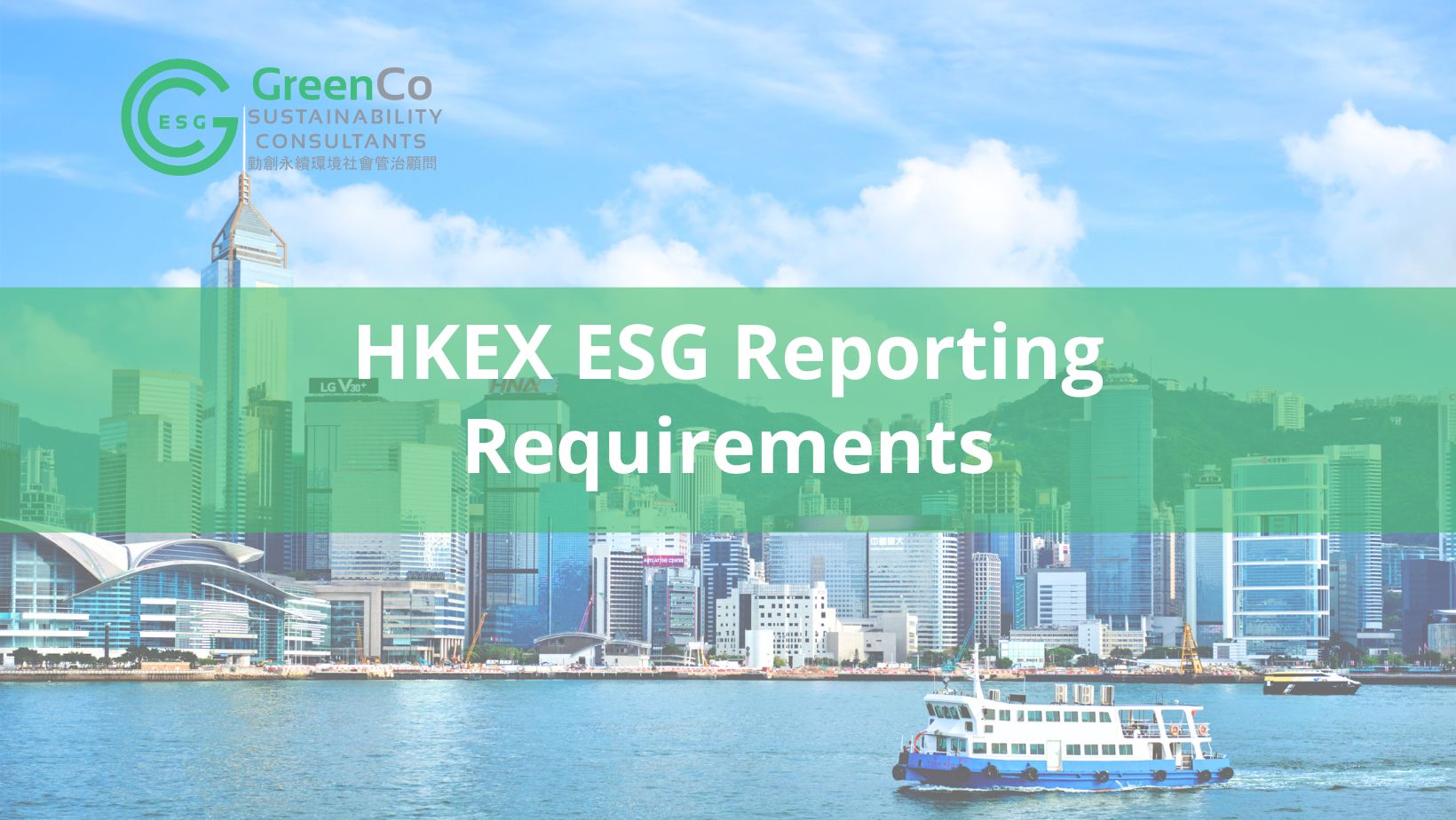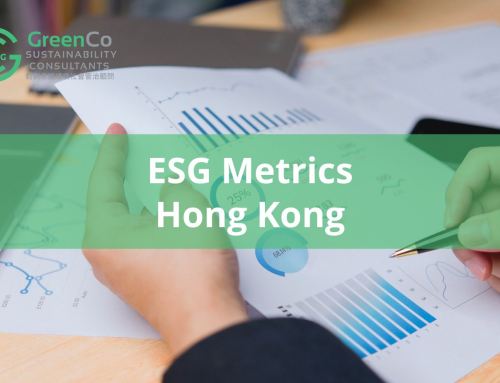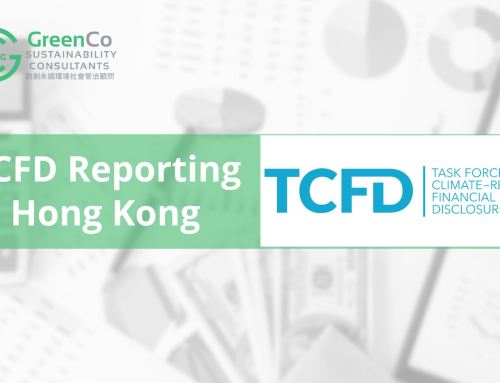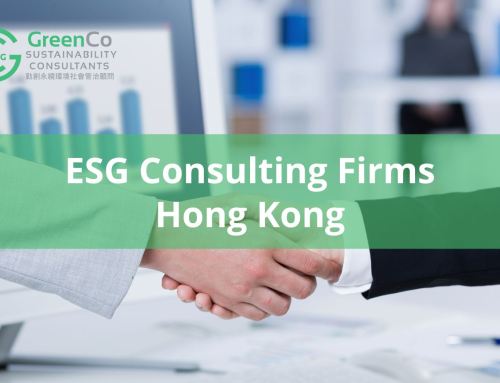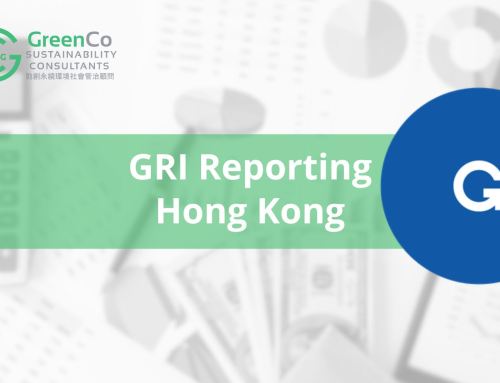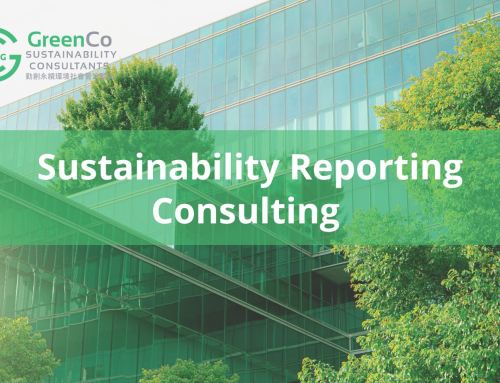Mandatory ESG Reporting for Listed Companies
HKEX has made ESG disclosures a mandatory requirement for all listed companies. These companies are required to publish an annual ESG report that aligns with their financial reporting cycle. The ESG report must transparently disclose a wide range of sustainability metrics, including environmental performance, carbon emissions, labour practices, and anti-corruption measures. This shift reflects the growing demand from stakeholders and regulators for greater accountability and transparency in corporate operations.
Enhanced Climate-Related Disclosures
Effective from January 1, 2025, HKEX’s ESG Reporting Code will introduce enhanced climate-related disclosures in ESG reports. These disclosures are aligned with the IFRS S2 Climate-related Disclosures standard and are structured around four key pillars: Governance, Strategy, Risk Management, and Metrics & Targets.
- Governance: Companies must demonstrate how their boards oversee climate-related issues.
- Strategy: Outline strategies to mitigate climate risks.
- Risk Management: Detail processes for identifying and managing climate risks.
- Metrics & Targets: Provide measurable metrics (such as greenhouse gas emissions) alongside clear targets for reducing climate impact.
These enhanced requirements aim to ensure that companies are adequately addressing climate risks and opportunities, thereby improving their resilience and sustainability.
Alignment with Global Standards
HKEX’s ESG reporting requirements are designed to align with global frameworks such as the Global Reporting Initiative (GRI) Standards and the International Financial Reporting Standards (IFRS), particularly the IFRS S2 standard. This alignment ensures that Hong Kong-listed companies meet both local regulatory expectations and international best practices, enhancing their credibility with global investors and stakeholders.
Key Components of HKEX ESG Reporting
- Environmental KPIs: Companies must disclose key performance indicators (KPIs) related to environmental impact, including energy use, waste management, and water consumption.
- Social KPIs: Reporting on social aspects such as employment practices, health and safety, and anti-corruption measures is mandatory.
- Governance Structures: Companies need to outline their governance frameworks, ensuring that ESG considerations are integrated into decision-making processes.
Key Dates for HKFRS Sustainability Disclosure Standards
The Hong Kong Institute of Certified Public Accountants (HKICPA) has adopted international standards, including IFRS S1 General Requirements for Disclosure of Sustainability-related Financial Information and IFRS S2 Climate-related Disclosures (ISSB Standards), into the sustainability disclosure standards in Hong Kong. The key dates for these standards are as follows:
|
Key Date |
Event |
|
2024 December |
HKICPA published HKFRS S1 and S2 |
|
2025 January 1 |
Main Board issuers disclose the New Climate Requirements on a “comply or explain” basis |
|
2025 August 1 |
HKFRS S1 and S2 will be in effect |
|
2026 January 1 |
Large Cap Issuers will disclose the New Climate Requirements on a mandatory basis |
|
2027 |
Hong Kong Exchanges and Clearing Limited (HKEX) will launch market consultation on mandatory sustainability reporting in accordance with HKFRS S1 and S2 |
|
2028 |
HKFRS S1 and S2 will apply to large PAEs |
The Importance of Compliance
Compliance with HKEX ESG reporting requirements is not just a regulatory obligation but also a strategic imperative. Strong ESG management can enhance a company’s reputation, attract investment, and build stakeholder trust. Conversely, weak ESG governance can lead to compliance risks and erode investor confidence. Proactively addressing ESG and climate risks can also result in cost savings, improved operational resilience, and better access to sustainable finance.
Preparing for the Future
With the new climate-related disclosure requirements set to take effect in 2025, companies must start preparing now. This involves conducting climate risk assessments, developing robust ESG frameworks, and ensuring that they have the necessary data and processes in place to meet the enhanced reporting standards.
HKEX’s ESG reporting requirements are a critical component of corporate sustainability in Hong Kong. By adhering to these requirements, companies can not only ensure compliance but also enhance their long-term value creation and resilience. As the regulatory landscape continues to evolve, staying ahead of these changes will be essential for maintaining a competitive edge and achieving sustainability excellence.
For companies seeking to navigate the complexities of HKEX ESG reporting, partnering with experienced ESG consultants can provide the necessary expertise and support to meet these challenges head-on.

